Health
-
Lin Test
text with link. This is a quiz. Some text Name Name Quo modo autem philosophus loquitur? Tecum optime, deinde etiam cum mediocri amico. Invidiosum nomen est, infame, suspectum. Name Name…
-

Gender-affirming care is rare, study says
Fewer than 1 in 1,000 transgender youth receive hormones or puberty blockers

-

Nature offers novel approach to oral wound care
Slug’s sticky mucus inspiration behind adhesive hydrogel that can seal wounds in wet environment

-

Time for a rethink of colonoscopy guidelines?
Change informed by new findings would help specialists focus on those most at risk, researcher says

-

Should pharmacists be moral gatekeepers?
‘The problem is not opioids,’ says author of ‘Policing Patients’ — it’s overdose, pain
-

The deadly habit we can’t quite kick
Actions by tobacco companies worry researcher even amid ‘dramatic decrease’ in smoking among young Americans

-
Professor, banking giant join on studies of rapid COVID tests to avoid future shutdowns
A new trial seeks to test whether cheap rapid tests given three times a week can keep the workplace safe despite the coronavirus pandemic.
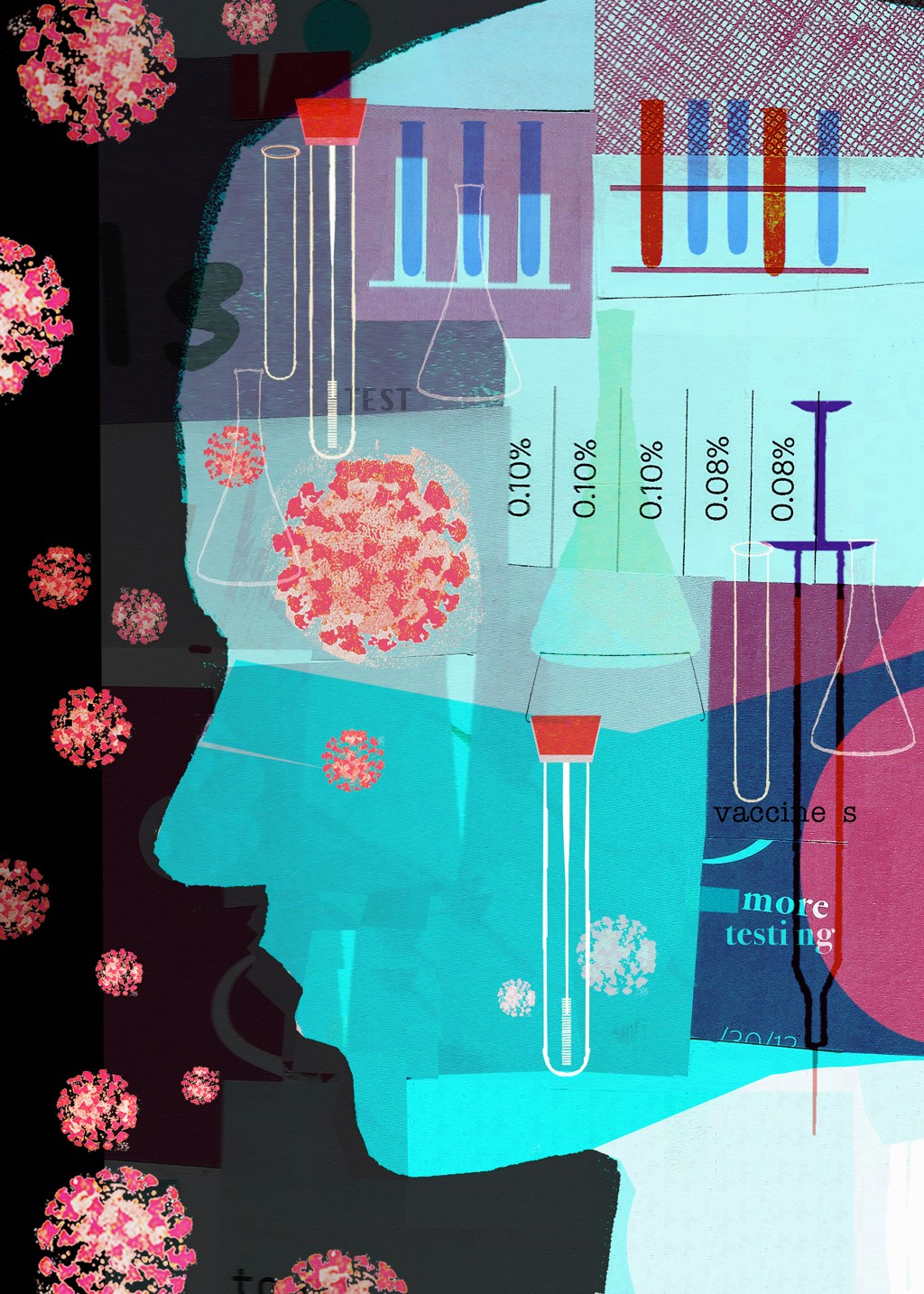
-
Lessons from Katrina on how pandemic may affect kids
Harvard researchers looked at Katrina’s impact on children and how the lessons learned there could be applied to the COVID pandemic.

-
When even grief is taken away
With 500,000 deaths due to COVID, the U.S. has become a nation in mourning, often alone, also dealing with the trauma of the pandemic’s other effects, a combination that worries mental health experts.
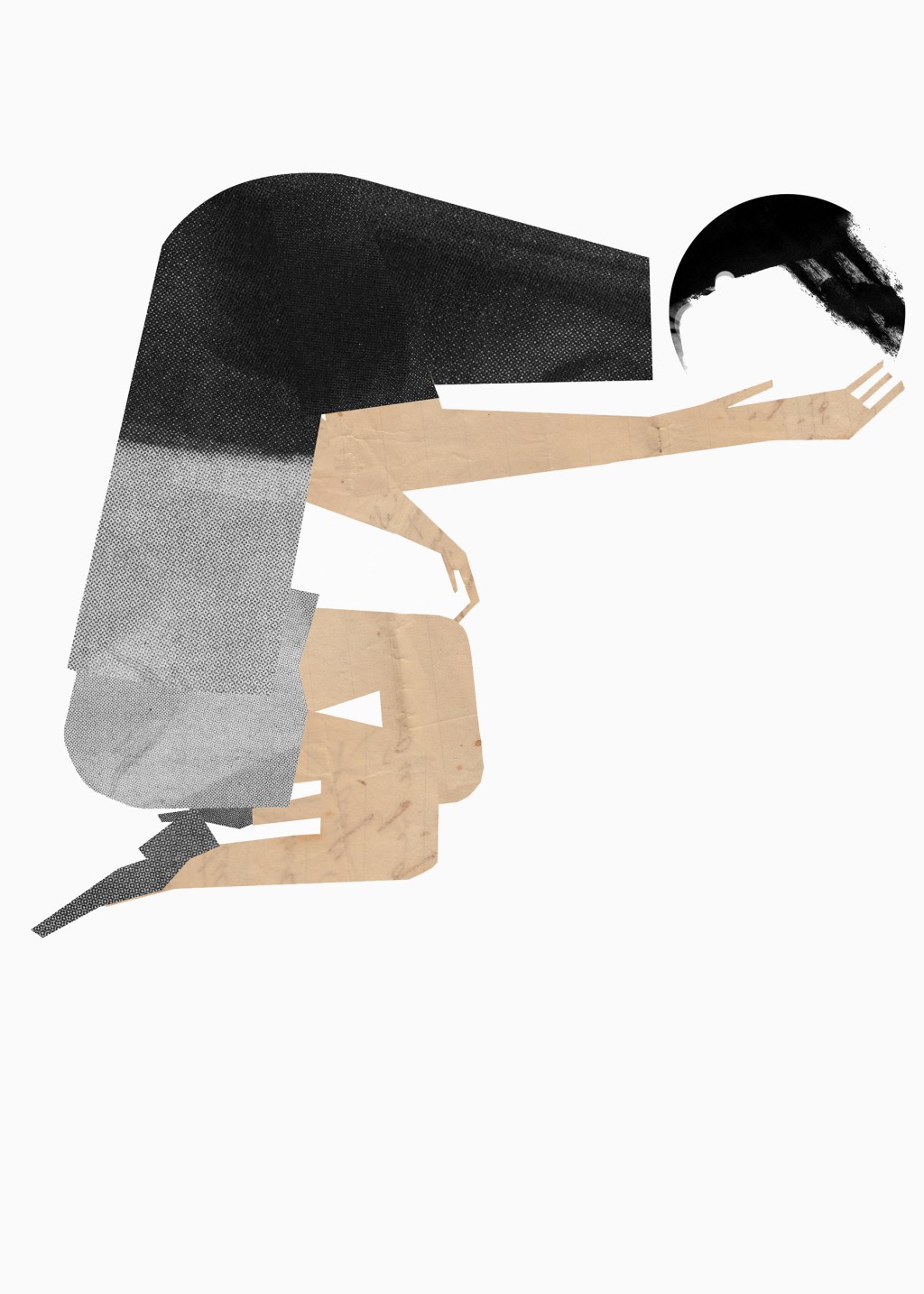
-
Vaccines can get us to herd immunity, despite the variants
Can the current crop of vaccines get us to herd immunity even if variants become widespread? A Harvard immunologist says yes.

-
We may duck a surge from variant that sent Britain reeling
A Harvard epidemiologist said the forces of seasonality, slowly rising immunity, and shifting personal behavior will likely create a viral variant landscape with regional spikes in the months to come rather than a uniform national wave.

-
Young adults hardest hit by loneliness during pandemic
As experts worry the COVID pandemic is triggering a loneliness epidemic, new Harvard research suggests some of the hardest hit are older teens and young adults.

-
Exercise: It’s all about timing
Based on observational data, it was found that the timing of daily physical activity was linked to fitness levels and cardiovascular risks in men with Type 2 diabetes.
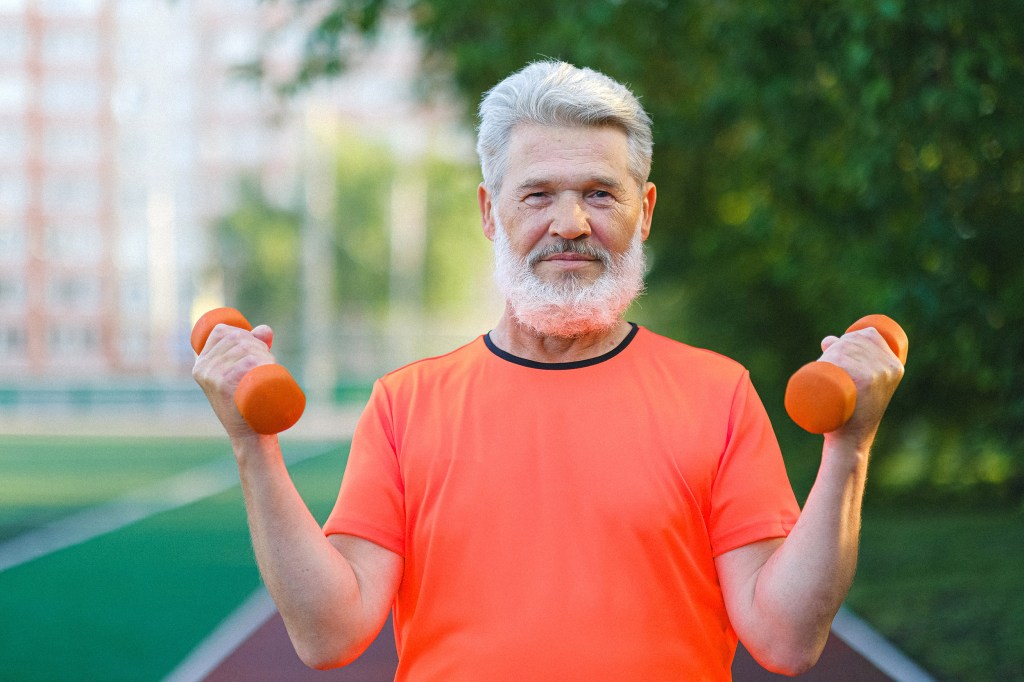
-
Chan School study gives airports high marks in COVID safety
Harvard scientists say airports are employing a layered approach to make air travel safer for those who must fly.

-
How older adults may be doubling their risk of dementia
A new survey found that getting five or fewer hours of sleep in the older adult population was associated with double the risk of dementia.
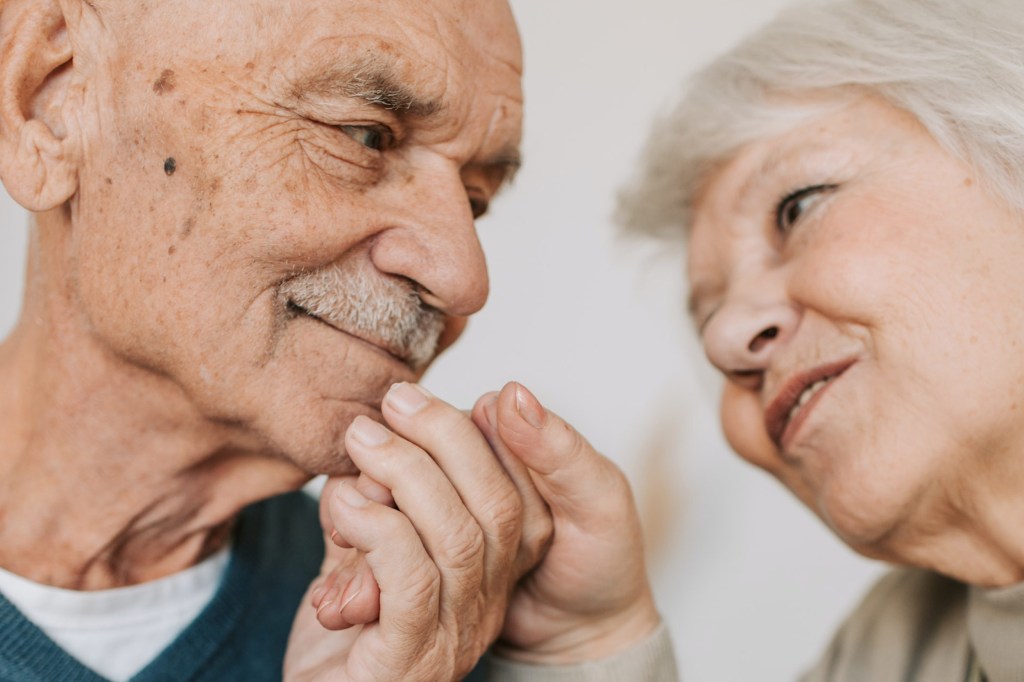
-
Upgrade your mask as more-transmissible COVID strain surges
With new coronavirus variants on the U.S. pandemic scene, experts say brace yourself for another surge — and mask up.

-
A diet that’s healthy for people and the environment
Walter Willett, professor of epidemiology and nutrition at the T.H. Chan School of Public Health, takes a closer look at a diet that is as healthy for you as it is the planet,

-
How to make exercise happen
An excerpt from Daniel Lieberman’s newest book, “Exercised: Why Something We Never Evolved to Do is Healthy and Rewarding.”
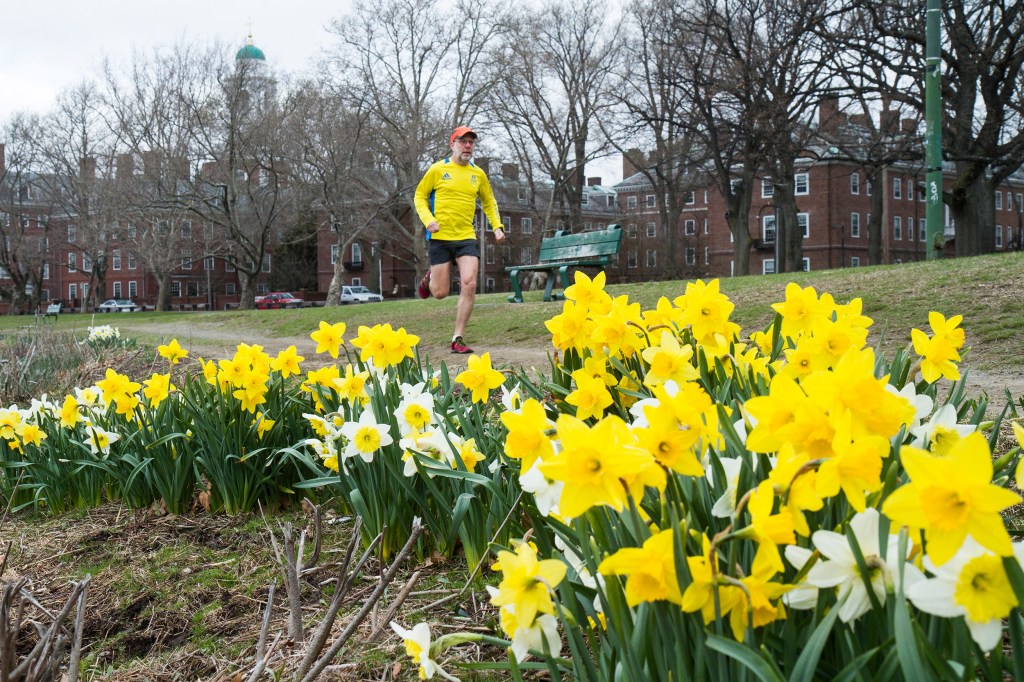
-
Only eat organic? You’re paying too much, and it’s not worth it, author says
An excerpt from “Resetting the Table: Straight Talk about the Food We Grow and Eat” by Robert Paarlberg, associate in the Sustainability Science Program at the Harvard Kennedy School and at Weatherhead Center for International Affairs.

-
Newest vaccine emerges amid a ‘more complicated pandemic’
Harvard Medical School Professor Dan Barouch said the “complicated pandemic” means more work lies ahead.

-
Doctors share views on patients with disability
A national survey finds that four-fifths of physicians believe that significant disabilities are associated with worse quality of life, which may have dangerous implications for the quality of health care patients with disability receive.
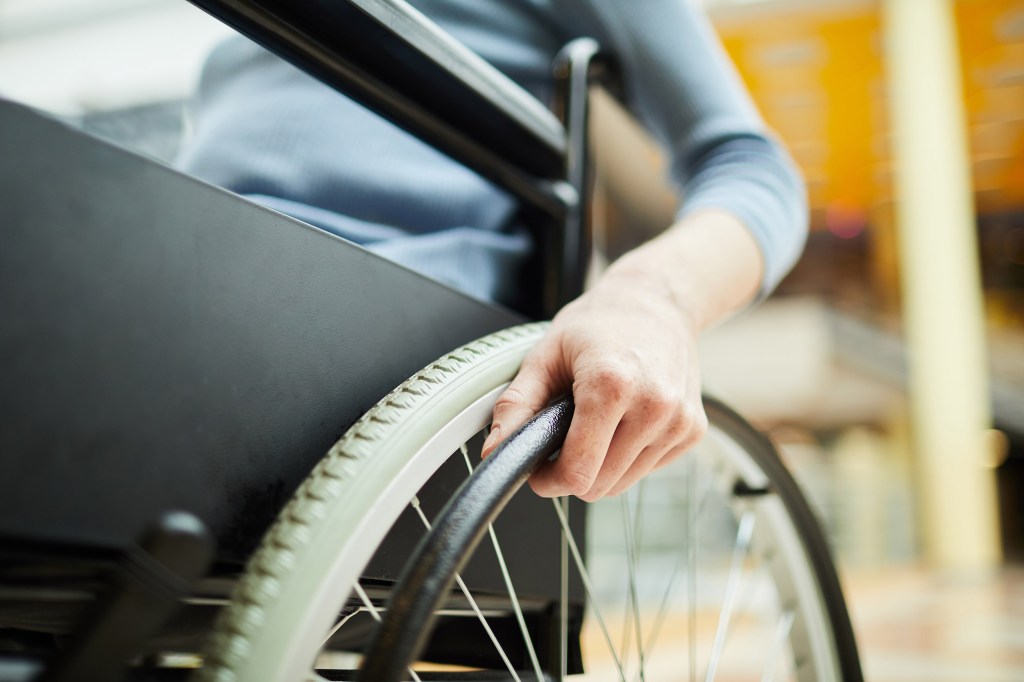
-
The movies may have been right
When things are looking bad or worse, try some perspective, advises Professor Laura Kubzansky from the Harvard T.H. Chan School of Public Health. Optimism makes things better.

-
Pandemic pushes mental health to the breaking point
The coronavirus has had an unexpected mental health impact, striking hardest where its physical impacts are lowest: among youths and young adults.
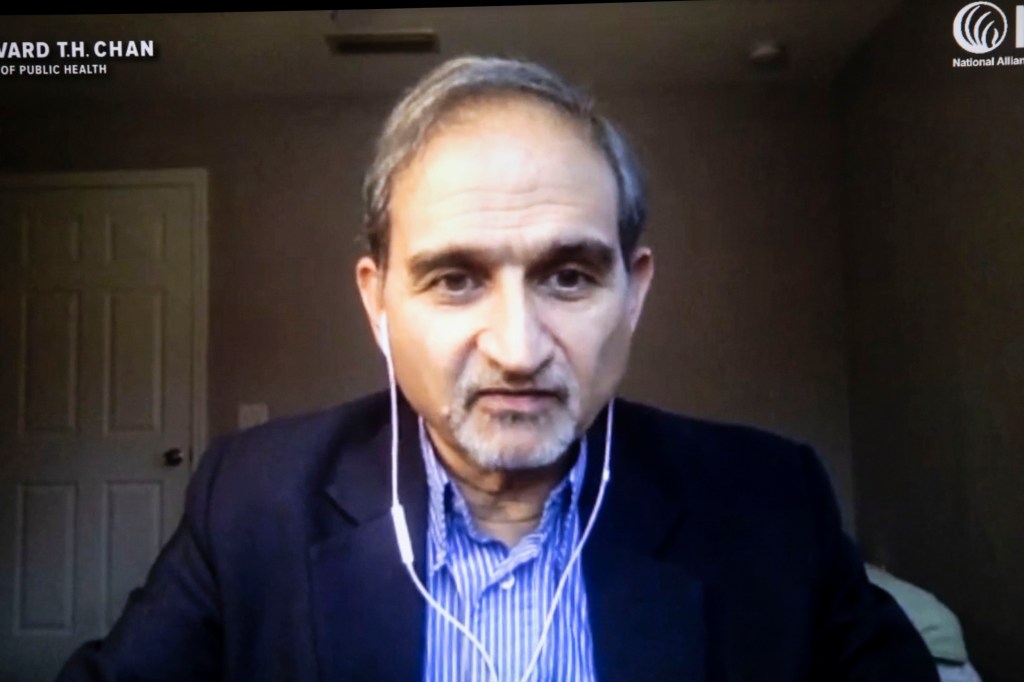
-
Immunologist says technology can keep up with COVID variants
Despite worries that a new coronavirus variant may be able to evade vaccines just being distributed, a Harvard public health expert expressed confidence in the same technology that produced the vaccines in record time.
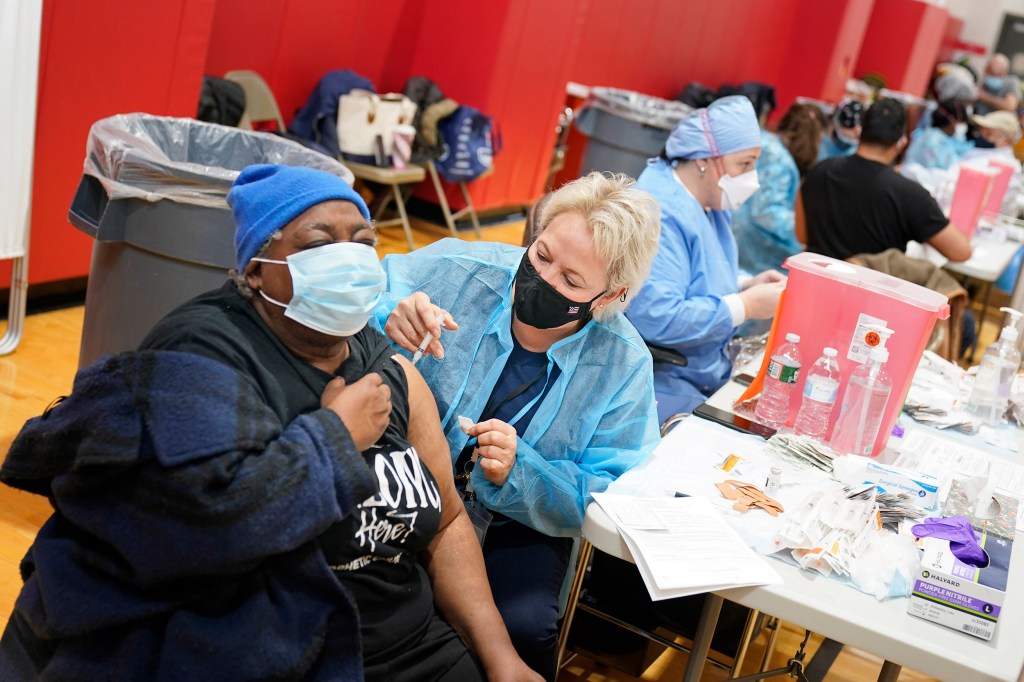
-
A safer return to campuses? There’s an app for that
Harvard researchers launched new disease-modeling app for colleges and universities.
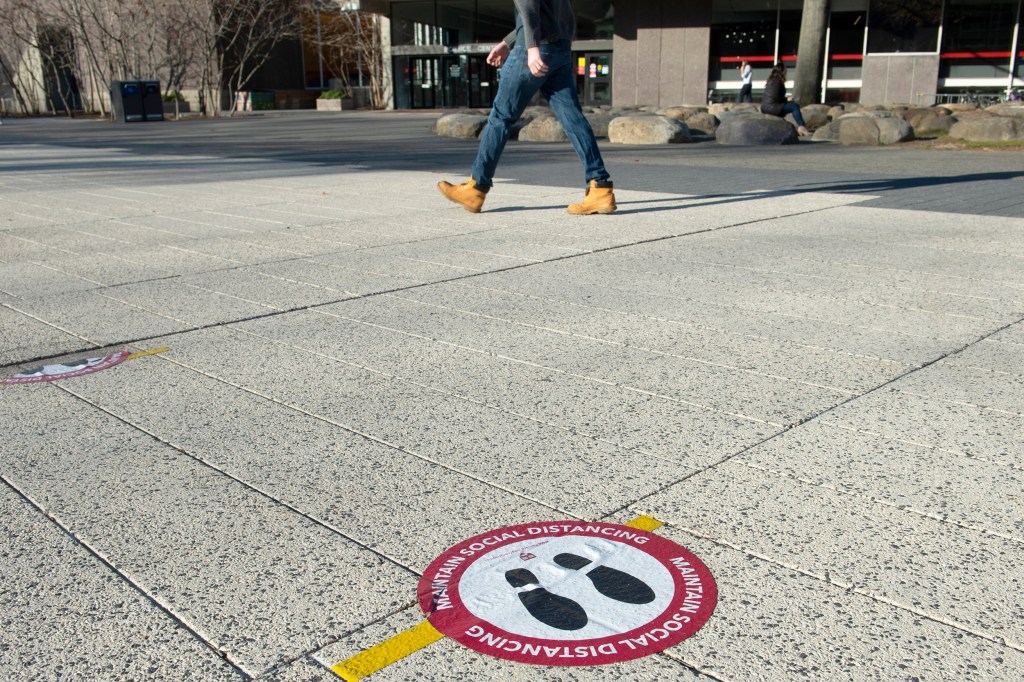
-
Assessing the latest U.S. dietary guidelines
Harvard Chan School professor Eric Rimm looks at the updated U.S. dietary guidelines — what’s changed and what should change.

-
Does aspirin lower colorectal cancer risk?
A new study finds that while regular aspirin use has clear benefits in reducing colorectal cancer incidence among middle-aged adults, the benefits stop after age 70.

-
Plant-based diet may feed key gut microbes
A large-scale international study uses metagenomics and blood analysis to uncover gut microbes associated with the risks for common illnesses such as diabetes, obesity, and heart disease.
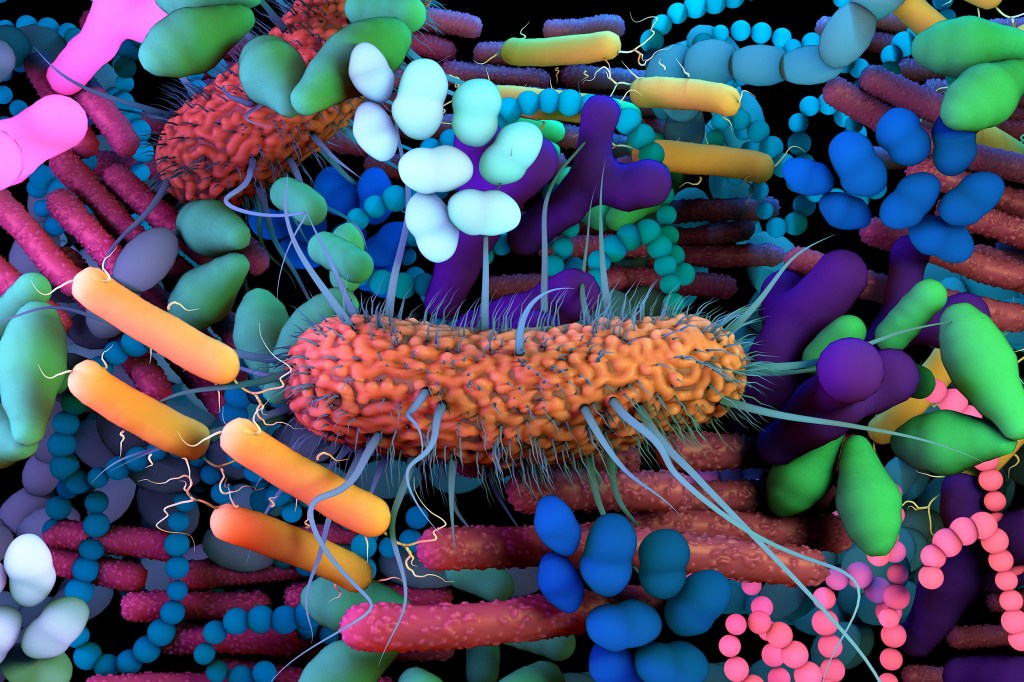
-
Highly infectious coronavirus variant dampens prospects for summer return to normal
Will the British variant’s transmissibility upset summer plans?

-
COVID-19 unmasked
A biology-based mathematical model indicates why COVID-19 outcomes vary widely and how therapy can be tailored to match the needs of specific patient groups.
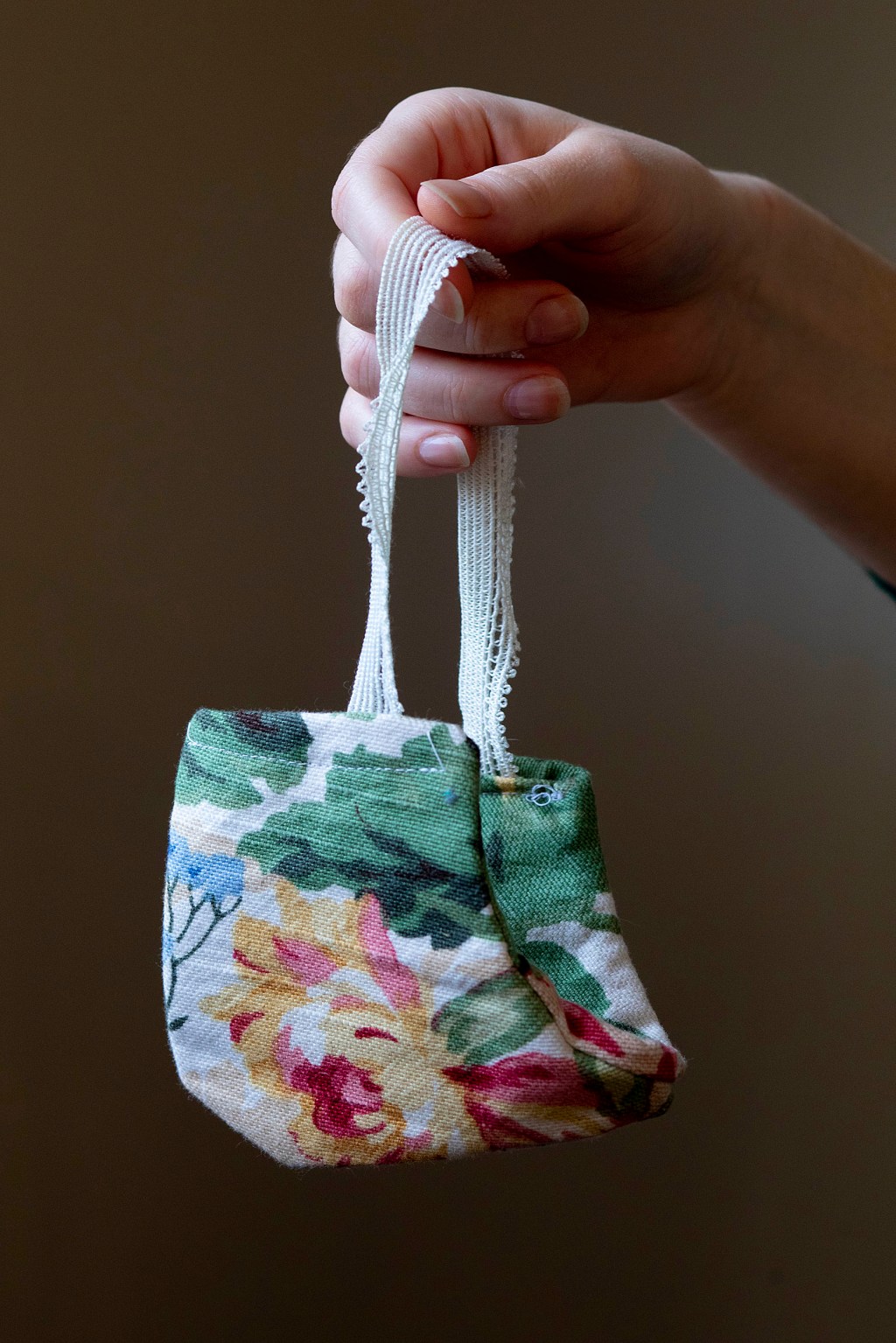
-
(Not) feeling the burn
A study of diet has found that by adhering to specific guidelines, women can reduce more than one-third of incidence of gastroesophageal reflux disease symptoms.

-
Why run unless something is chasing you?
In his new book, “Exercised: Why Something We Never Evolved to Do Is Healthy and Rewarding,” Daniel Lieberman ’86 explores exercising myths.
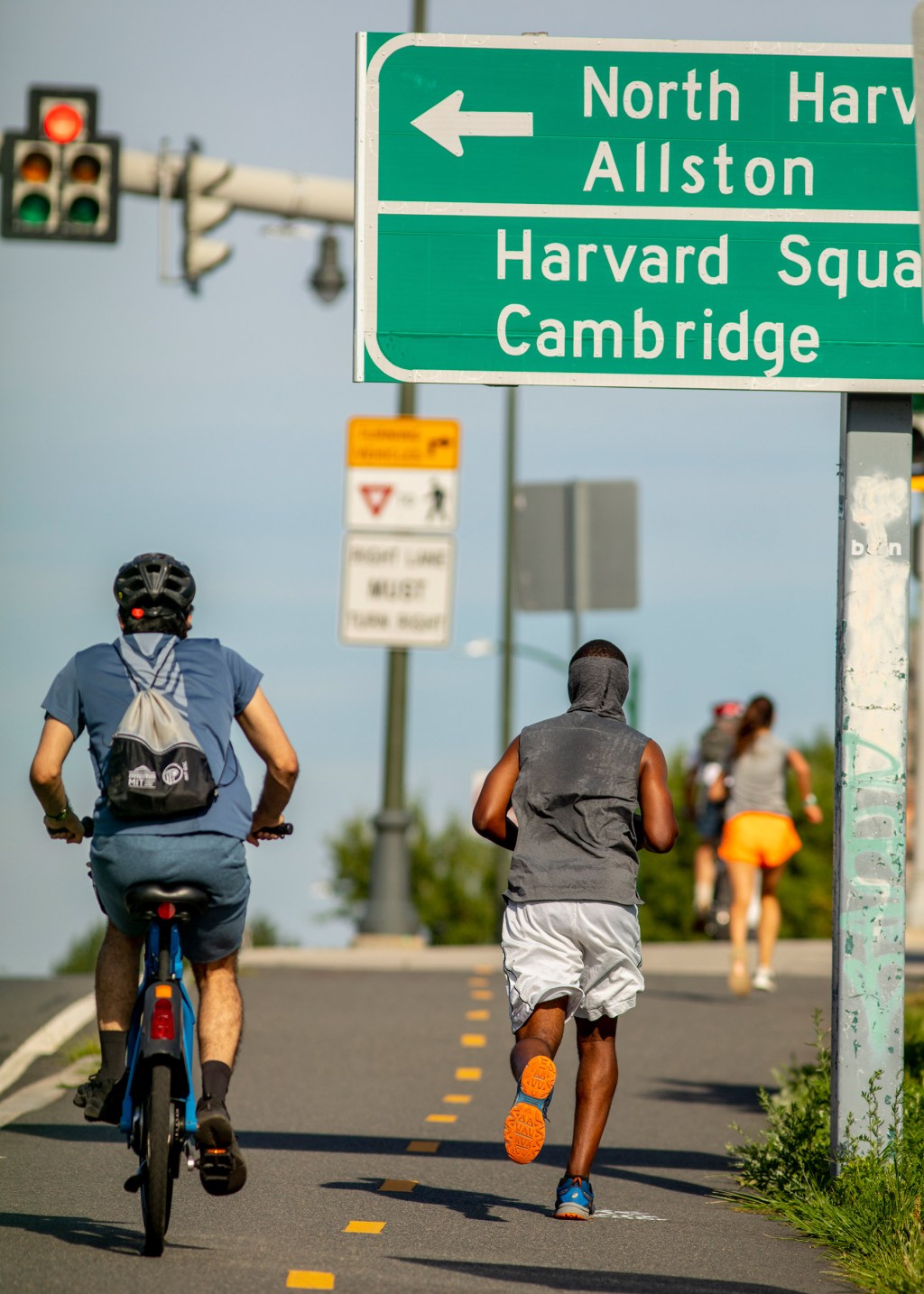
-
Pregnant women with COVID-19 may not pass virus to newborn, study suggests
A new study has found that pregnant women with COVID-19 do not pass the virus to newborns, however, they may pass fewer-than-expected antibodies to newborns.
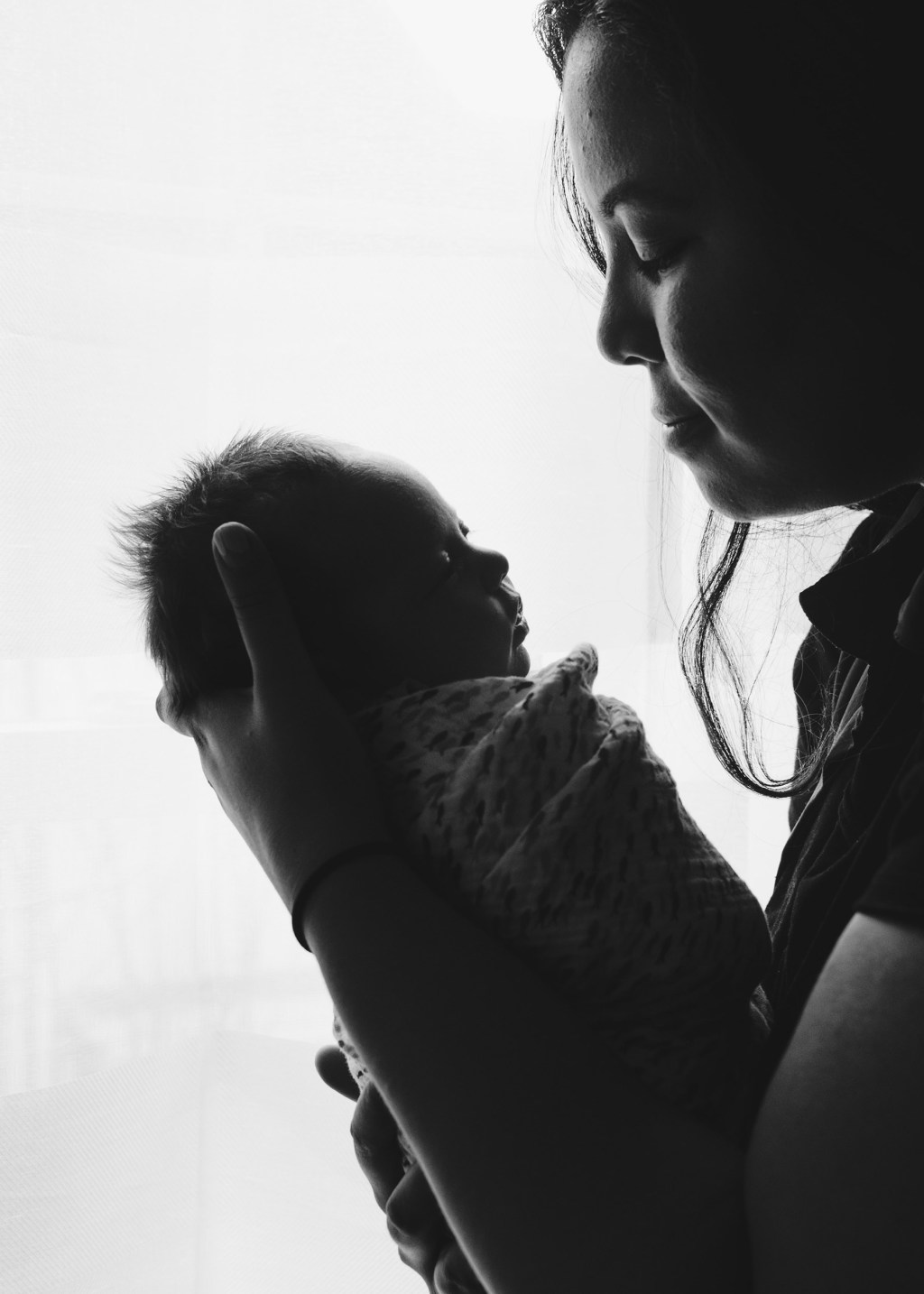
-
Rethinking health and human rights
Paul Farmer awarded Berggruen Prize for Philosophy and Culture.
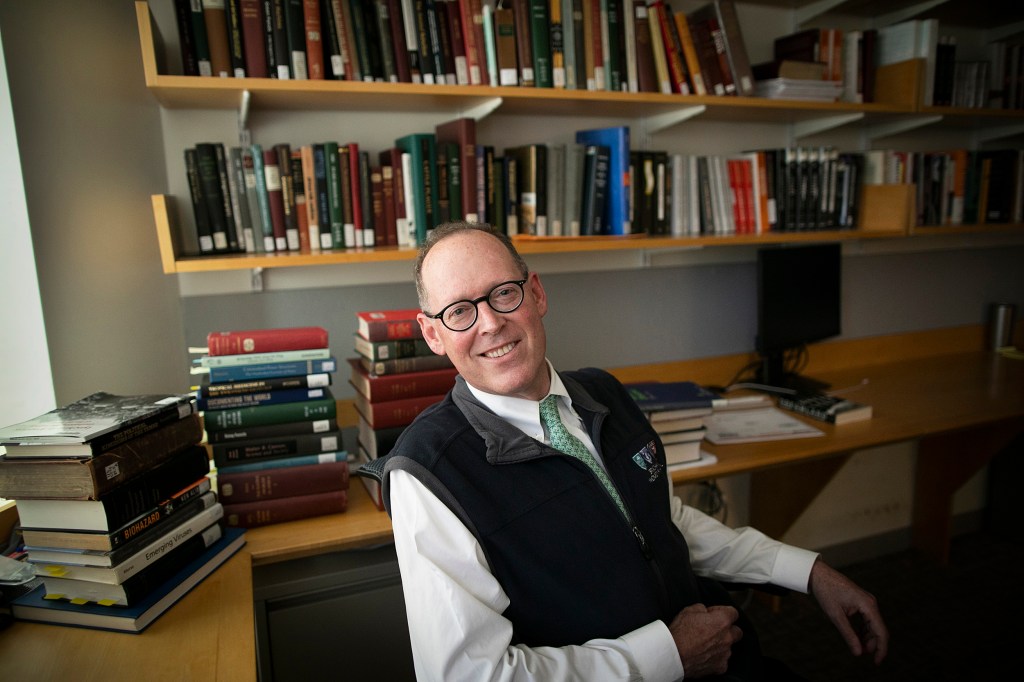
-
Fauci says herd immunity possible by fall, ‘normality’ by end of 2021
Fauci predicted herd immunity by next fall and “normality” by 2021’s end, as long as enough people get vaccinated to bring the pandemic to an end.
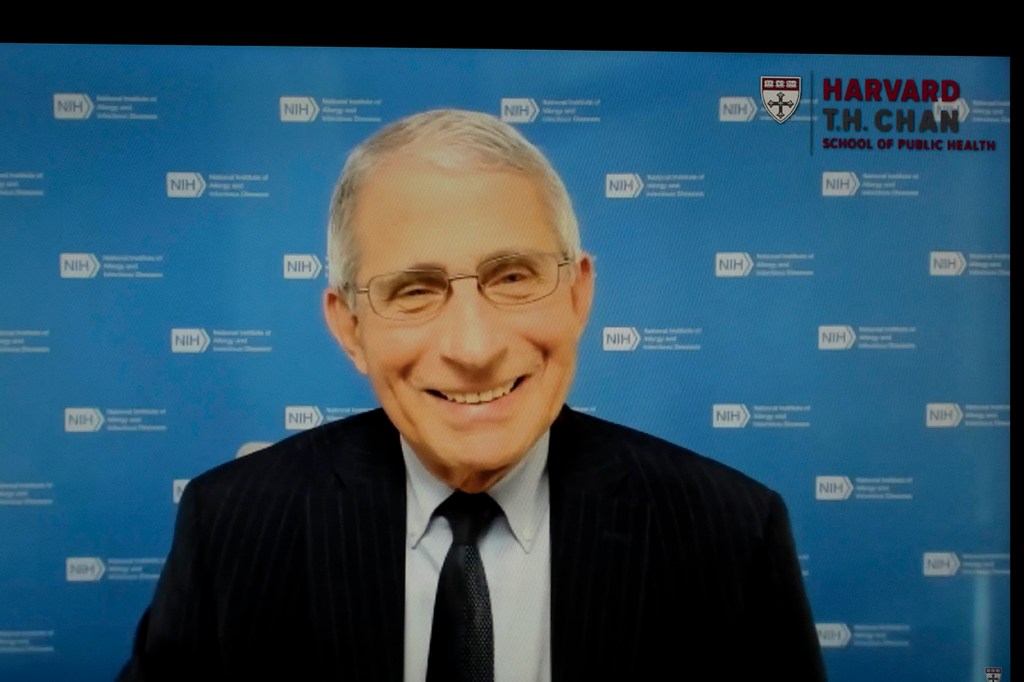
-
How pandemic set back efforts to fight other deadly global health problems
COVID-19 has not only sickened and killed millions around the globe, it has wreaked havoc on existing programs to fight health ills that affect millions more. Harvard T.H. Chan School of Public Health Dean Michelle Williams discusses with the Gazette an “action agenda” on global health for the incoming Biden administration.


